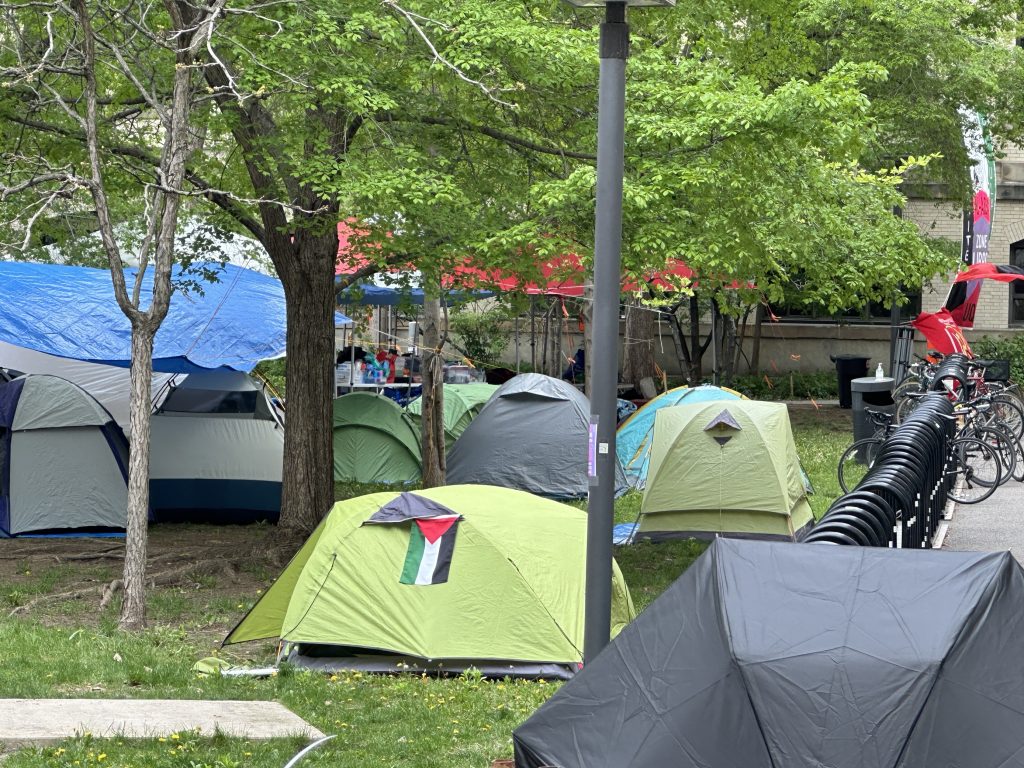10 recommendations aimed at reducing homelessness for Quebecers in the justice system
Posted October 16, 2023 9:28 pm.
Last Updated October 16, 2023 11:29 pm.
The Quebec Homelessness Prevention Policy Collaborative (Q-HPPC) has released a report with 10 recommendations aimed at reducing homelessness among people involved in the criminal justice system.
“The main goal is to turn off the tap or at least slow it down of vulnerable people entering the system,” said Art Campbell, former regional director of Social Reintegration and Inclusion Sector for the YMCAs of Québec, who contributed to the report.
“The current trajectory makes it that people, unfortunately, are falling into homelessness and entering prison, getting out, falling back into homelessness and so on and so forth. So, it’s a real revolving door, and our report identifies a number of solutions to eliminate some of those tipping points and work more effectively together,” added Campbell.
The Q-HPPC is a collaborative partnership between McGill University’s Department of Equity, Ethics and Policy and the Old Brewery Mission. To show the link between homelessness and the justice system, they highlight the Quebec government statistic that estimates about 22 per cent of people held in provincial prisons had been homeless prior to incarceration, or had lost their housing since then.
“The prison systems are breeders, if you want, of homelessness,” said Georges Ohana, director of Homelessness Prevention for the Old Brewery Mission in Montreal. “They’re not making the necessary steps or the necessary tools available for individuals to be able to have a better chance.”
Nine of the 10 recommendations are in three areas. The first, recommending humane support to people throughout their judicial process. The second, improving the capabilities of the people who intervene during this process. And the third, improving service access and collaboration among the various agencies.
“The main reason that our research has shown is the lack of continuity between the various services, the lack of communication between the various services,” explained Campbell.
The report also recommends that the experiential knowledge of people involved with the justice system should be recognized when developing practices and policies that affect them.
“These are the individuals that have a vested interest in not going through that experience again,” said Campbell, adding, “and they can help us see our blind spots.”
The Q-HPPC believes that if the 10 recommendations are implemented, they could significantly reduce homelessness related to correctional and judicial processes.
“It’s going to mean that individuals are going to feel that there’s a support system that is going to be there for them, and that is not only coming from community organization, but the system itself is going to be able to answer some of the fundamental flaws associated with the prison system,” said Ohana.



